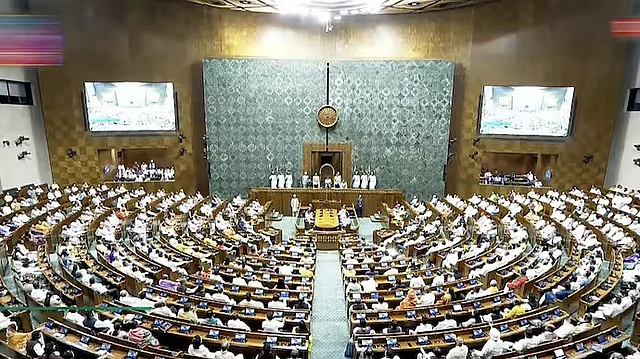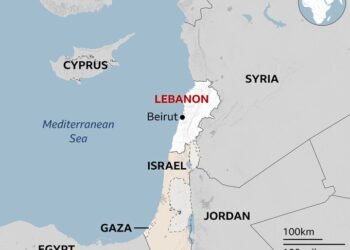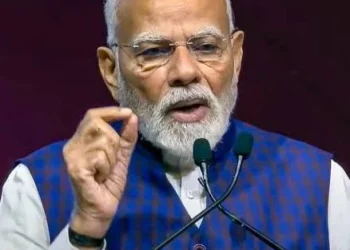The Central Government claims a dramatic drop in violence in Manipur as Parliament extends President’s Rule until February 13, 2026. Opposition urges a roadmap for restoring democratic governance.
BY PC Bureau
The Lok Sabha on Wednesday unanimously passed a resolution extending President’s Rule in Manipur by another six months, until February 13, 2026, citing a significant decline in violence and steady progress toward peace in the conflict-hit state.
The resolution, moved by Minister of State for Home Affairs Nityanand Rai and presided over by Speaker Om Birla, reflects the Centre’s continued oversight in Manipur following a year-long ethnic crisis that saw over 200 people killed and thousands displaced.
Home Minister Amit Shah will move the same motion tomorrow in Rajya Sabha . Once RS passes the resolution, President’s rule would have been extended till February , 2026..
Centre Cites Improved Law and Order
Presenting the statutory resolution in the House, Minister Nityanand Rai said the extension was necessary to consolidate gains made under central administration. “What can be a bigger proof of peace returning than the fact that there has been only one fatality since President’s Rule was imposed, and none in the past four months?” Rai noted.
He added that the Centre had launched sustained efforts to ease tensions between the Meitei and Kuki-Zo communities, whose ethnic conflict spiraled into widespread violence last year. “Peace is prevailing… dialogue with both communities is ongoing to remove differences and build lasting reconciliation,” he said.
READ: Biren Audio Tape Case Still Not Heard Despite SC Deadline
Speaker Om Birla explained that President’s Rule was initially imposed on February 13, 2025, after a complete breakdown in governance. The imposition was approved by Parliament on April 2, for an initial six-month term, in accordance with Article 356 of the Constitution.
Wednesday’s resolution marks the first extension and was passed without objection, signaling cross-party consensus on the need for continued central oversight in Manipur.
Background: Ethnic Unrest in Manipur
The crisis in Manipur began in May 2023, triggered by disputes over land rights, political representation, and affirmative action policies between the Meitei majority and Kuki-Zo tribal communities. The ensuing violence led to widespread displacement, arson, and killings—prompting the Centre to step in after state mechanisms failed to restore order.
While the government now cites a single fatality since February and no deaths in the last four months as signs of progress, tensions remain high, with several areas still witnessing sporadic unrest and deep-rooted mistrust.
READ: Finally, Manipur Govt Urges FNCC to Lift Kuki-Zo Blockade
During the discussion, Congress MP Gaurav Gogoi acknowledged the decline in violence but urged the government to outline a clear roadmap to restore democratic governance. “The absence of bloodshed is welcome, but peace also means returning power to the people. Let’s not confuse silence with resolution,” he said.
In response, Rai assured the House that democratic processes would be restored once durable peace and trust had been re-established. He reiterated that dialogue with community leaders and civil society groups was ongoing, with multiple initiatives aimed at restoring normalcy.














